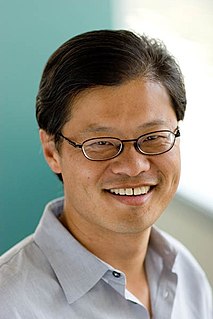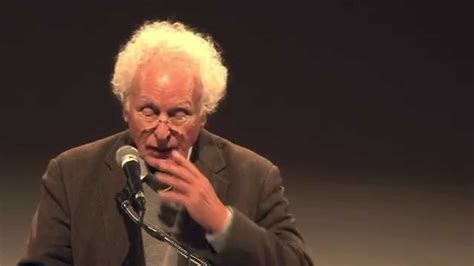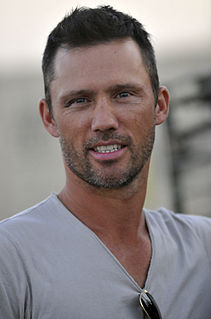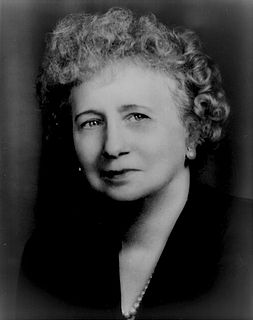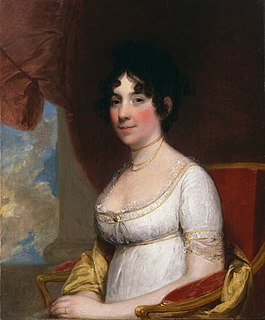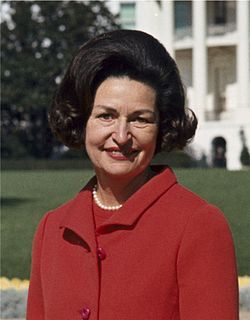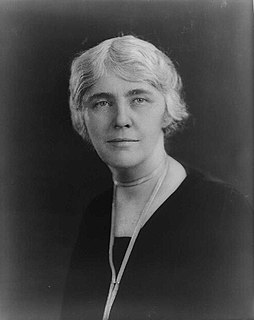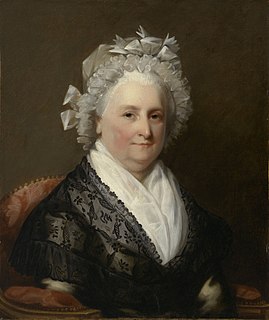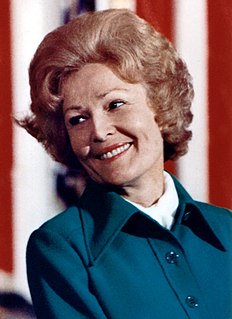A Quote by Eleanor Roosevelt
It is very difficult to have a free, fair and honest press anywhere in the world. In the first place, as a rule, papers are largely supported by advertising, and that immediately gives the advertisers a certain hold over the medium they use.
Related Quotes
Is the English press honest or dishonest? At normal times it is deeply dishonest. All the papers that matter live off their advertisements, and the advertisers exercise an indirect censorship over news. Yet I do not suppose there is one paper in England that can be straightforwardly bribed with hard cash. In the France of the Third Republic all but a very few of the newspapers could notoriously be bought over the counter like so many pounds of cheese.
The program is only the excuse to get you to watch the advertising. Without the ads there would be no programs. Advertising is the true content of television and if it does not remain so, then advertisers will cease to support the medium, and television will cease to exist as the popular entertainment it presently is.
For film, you know, the Tarantinos and Nolans of the world who are very focused on a certain kind of film aesthetic and a certain kind of presentation, to be honest, that comes from a place of privilege. It comes from a place of always having access to such, but when you ain't never - you can't see it because you can't even get to it.



